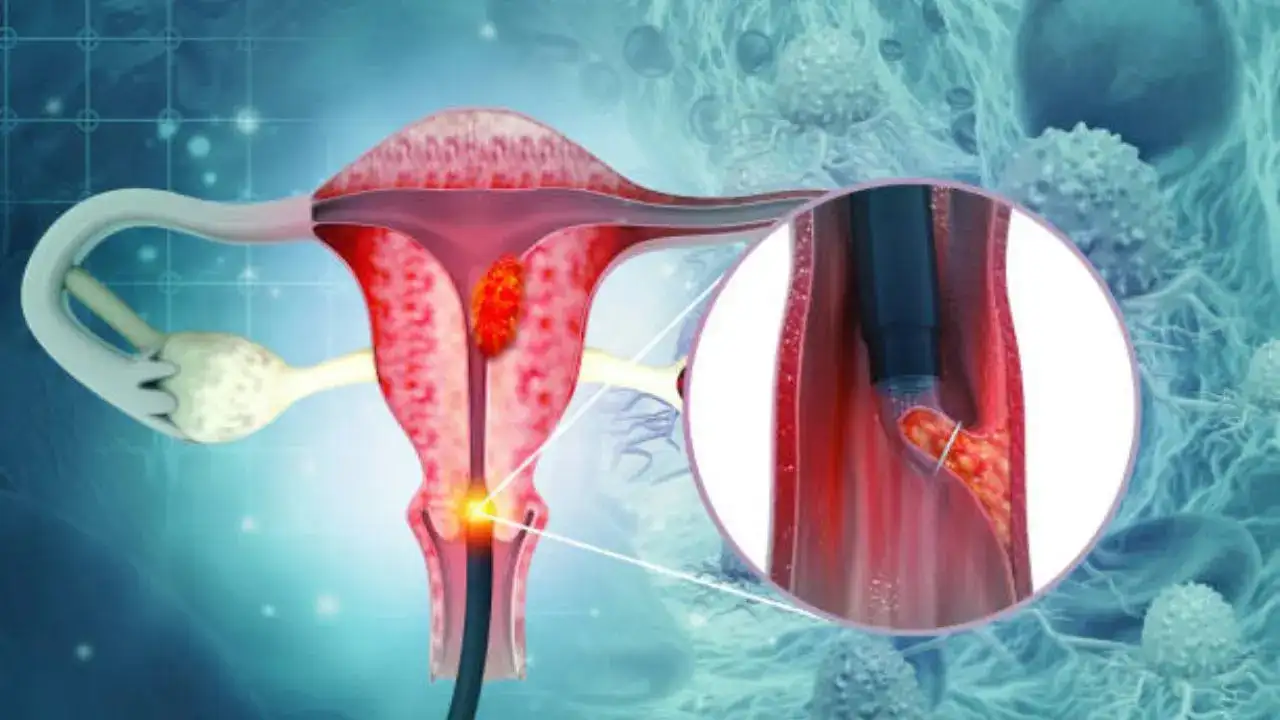Ashima Sharda Mahindra • 25 Apr 2025
India Rolls Out Affordable HPV Test Kits to Fight Cervical Cancer

The tests can detect eight high-risk HPV genotypes - responsible for over 96 of cervical cancer cases
India has launched two indigenous and cost-effective HPV test kits - an essential diagnostic tool for cervical cancer—after successful evaluation by doctors from All India Institute of Medical Sciences, Delhi. The scientific review was done to detect eight high-risk human papillomavirus genotypes - responsible for over 96 per cent of cervical cancer cases globally.
In the country, cervical cancer is a major health concern, ranking as the second most common cancer among women and a leading cause of cancer mortality. According to the available estimates, around 123,907 new cases are diagnosed annually, and 77,348 women die from the dreaded disease.
What are the two HPV test kits?
According to the Biotechnology Industry Research Assistance Council, the two evaluated HPV kits - Truenat HPV-HR Plus by Goa-based Molbio Diagnostics and Patho Detect by Pune-based Mylab Discovery Solutions—have been developed under the Department of Biotechnology.
They mark a major step forward in combating cervical cancer, primarily caused by persistent infection with high-risk types of HPV - a common sexually transmitted virus.
How do the test kits work?
The two kits use a chip-based real-time PCR (RT-PCR) technique - known for its accuracy and speed. These kits are designed to detect eight high-risk HPV genotypes, which majorly cause cervical cancer cases.
"The key feature of these kits is the inclusion of only the seven or eight most common cancer-causing types that will allow a very efficient and cost-effective screening programme which will be most suitable for India," Dr. Neerja Bhatla, former head of the Department of Obstetrics and Gynaecology at AIIMS, Delhi, and chief coordinator of the programme, was quoted by the PTI.
The two sets can be used as point-of-care tools—delivering the results not just quickly but also in remote and rural areas. "Given the enhancement of RTPCR-based diagnostic facilities across the nation in the post-COVID era, the introduction of sensitive RTPCR-based HPV testing kits might prove to be a cost-effective screening method over classical HPV DNA and Pap smear for deployment in the national cancer screening programme," Dr. Bhatla added.
What is cervical cancer?
Cervical cancer begins on the surface of your cervix when the cells begin to change to precancerous cells. According to experts, HPV infection leads to almost all cases of cervical cancer. HPV is a virus that spreads through sexual contact. Cervical cancer often does not cause symptoms until it begins to spread and that is why regular screenings and the HPV vaccination are important. Cervical cancer is highly treatable when found in the early stages.
There are two main types of cancer of the cervix—squamous cell carcinomas and adenocarcinomas. Around 80-90 per cent of cervical cancers are squamous cell carcinomas, while 10-20 per cent are adenocarcinomas. You can also have a mix of both types.
Signs and symptoms of cervical cancer
Early stages of cervical cancer do not usually involve symptoms and are hard to detect. A few of the first signs of cervical cancer include:
- Watery or bloody vaginal discharge
- Vaginal bleeding after sex or between menstrual periods
- Pain during sex
- Difficult or painful urination, sometimes with blood
- Diarrhoea, often bloody
- Fatigue, loss of weight and appetite
- A general feeling of illness
- Dull backache or swelling in your legs
- Pelvic and abdominal pain
Get Latest News Live on Times Now along with Breaking News and Top Headlines from Health and around the world.